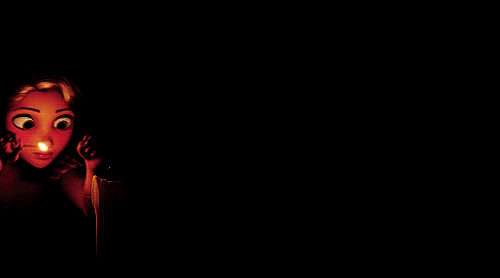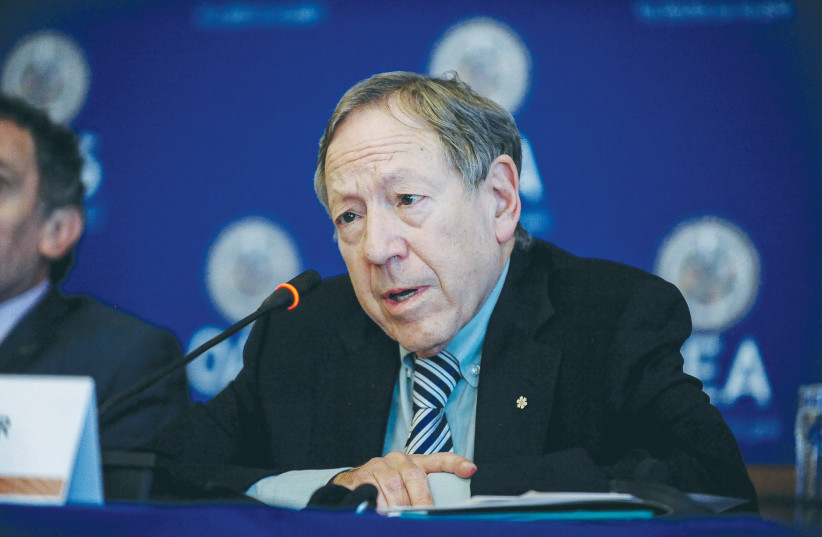 Princess Hanukkah
Princess Hanukkah
GABRIELLE KAPLAN-MAYER
How I got the name, and why I’m struggling to find my magic this year.
.

I met Mitch at a party the weekend before Christmas. A friend introduced us, explaining that Mitch was an aspiring writer, too. Hanukkah overlapped with Christmas that year and when Mitch invited me to a movie on Christmas Day, I imagined us lighting candles together that evening–if things felt right.
He was late to the cinema; in those days before cellphones, I figured he’d either blown me off or been run over by a taxi. I was about to get a ticket to The English Patient for myself when he finally showed. The movie had started and he insisted that he couldn’t go in if he’d missed the first five minutes—what about getting something to eat instead?
I suggested hopping on the train to Chinatown but Mitch proclaimed that he hated Chinese food. I tried to stay open-minded as we walked through the quiet Chicago streets, finally stumbling on an open diner.
Mitch launched into a monologue about the new play he was writing, describing the winding plot in great detail and asking for my advice on the ending and whether I could introduce him to my theater friends. I finally got it: He didn’t want a date with me, he wanted a free playwriting workshop.
I finished my coffee, threw a few dollars on the table and said goodbye. He asked where I was going. To pick up Chinese food, I replied. I was happy to go light the Hanukkah candles on my own.
It was dark but for my landlord’s Christmas lights as I entered my apartment building, cartons of veggie lo mein and broccoli with garlic sauce in tow. I filled my hanukkiyah with the primary-colored candles that my mom had mailed me.
I said the blessings then turned on the radio for company. That’s when I heard her: Linda Lavin. I knew that voice, from Alice, a TV show I watched every week growing up. She was telling the tale of a Jewish girl named Shirley Abromowitz, who was starring in her school’s Christmas show. I was riveted. The Selected Shorts announcer explained the story was Grace Paley’s “The Loudest Voice.” In it, her parents were immigrants, trying to make sense of their precocious child as the Christmas pageant star:
My father couldn’t think of what to say to that. Then he decided: “You’re in America, Clara, you wanted to come here. In Palestine the Arabs would be eating you alive. Europe you had pogroms. Here you got Christmas . . . Some joke, Ha?”
“Very funny, Misha. What is becoming of you? If we came to a new country a long time ago to run away from tyrants, and instead we fall into a creeping pogrom, that our children learn a lot of lies, so what’s the joke? Ach, Misha, your idealism is going away.”
“So is your sense of humor.”
The radio, the candles, Linda Lavin, and Grace Paley had given me the Hanukkah gift that I didn’t know I was seeking.
The story reminded me of my grandmother Minerva, a first-generation child of Eastern European immigrants who, like Shirley, was chosen for the leads in her school plays and who often translated the new world for her Yiddish-speaking parents.
I was the fourth generation here in America. It hit me then, the power of simply turning on the radio to hear a story about a Jewish girl navigating Christmas written by a Jewish woman and starring a Jewish actress. All of the sacrifices made by those who came before so that I could be here, have that moment, my Jewish-Christmas Hanukkah in safety and peace.
I forgot about the botched date. My ancestors felt close to me as I placed the Hanukkah candles in the window. As they melted, their reflection seemed to dance in the winter wind.
One night, when a friend coming for dinner stepped into my kitchen decorated with silver and blue sparkling stars and dreidels, Hanukkah potholders and tablecloths and salad tongs—this in the years before you could buy such kitsch at Target—she dubbed me Princess Hanukkah, and I’ve worn the name proudly ever since. Some may dismiss my extravagance, consider Hanukkah a minor holiday, imagine that all my luster is just a competition with Christmas. But that’s not what I feel; for me, Hanukkah is an ongoing portal toward meaning and joy.
Living as a religious minority in the U.S., I’ve always felt that we can’t compete with the Christmas culture around us—nor do I want to—but I can create a Hanukkah sanctuary in our home: a Holy Temple in time, light in the darkness of Kislev, Eric Kimmel books and Adam Sandler playlists, the smell of oil that stays in the house when we fry our own latkes and sufganiyot. Plus eight nights of presents for the kids. The connection of it all tethering them to their ancestors.
My favorite part of the eight days is sitting with the candles, catching the light and shadows they cast in the windows.
By this point in December, in 2022, I would have normally taken out my hanukkiyot collection to scrape off any bits of wax remaining from last year. I would have put up the decorations that I hang outside of my house: the Hanukkah flag and matching banner.
Instead, I’m ruminating about which community candle lightings feel safe to go to, wondering what security measures are in place.
I was riding the train with my 17-year-old son last week and saw his gold Star of David necklace hanging out of his shirt and my impulse was to tell him to tuck in the necklace. I stopped myself from saying anything and let him wear it out, but I hated that it’s a question, and how I don’t know whether in a month or in a year things may be worse and I’ll have to tell him to hide his star.
I’m thinking back to the conversation of Clara and Misha, Shirley Abromowitz’s parents, their 1930s, new-to-America conversation about whether living in a Christian country is no big deal or whether in fact, there might be a slow-building pogrom here that we just don’t see.
My grandmother Minerva is no longer here on earth, but sometimes she speaks to me when my fear becomes a knot inside me. Princess Hanukkah, she says, this moment in time is what all of the Hanukkahs in your life were preparing you for.
I know that she is right and when the first night of Hanukkah comes, we will fill our home with light and shine it out the window.
Gabrielle Kaplan-Mayer is a writer and educator based in Philadelphia. She teaches online workshops at the intersection of writing and spiritual growth. She is drafting a memoir about ongoing conversations with her ancestors.
Zawartość publikowanych artykułów i materiałów nie reprezentuje poglądów ani opinii Reunion’68,
ani też webmastera Blogu Reunion’68, chyba ze jest to wyraźnie zaznaczone.
Twoje uwagi, linki, własne artykuły lub wiadomości prześlij na adres:
webmaster@reunion68.com


